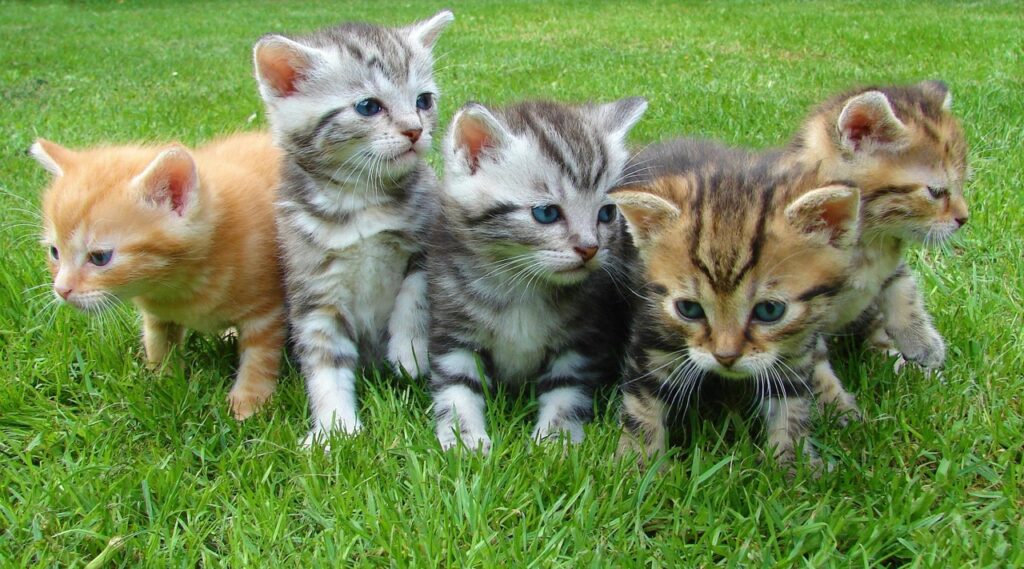Catnip, a popular herb among feline enthusiasts, has long been associated with cat entertainment. This member of the mint family is known for its peculiar effects on our feline friends. In this article, we’ll explore the truth behind catnip’s effects and benefits.
Understanding Catnip’s Appeal
The allure of catnip lies in its active compound, nepetalactone. This organic molecule is believed to mimic feline pheromones, triggering a response in cats’ sensory systems. When cats encounter catnip, they may exhibit behaviors such as rolling, rubbing, and increased playfulness. However, it’s important to note that not all cats respond to catnip in the same way.
The Effects of Catnip on Felines
Catnip is often categorized among feline stimulants, but its effects can vary. Some cats become more active and playful, while others may experience a calming effect. The duration of these effects is typically short-lived, lasting around 10 to 15 minutes. After this period, cats usually become temporarily immune to catnip’s effects for about an hour.
Safety and Benefits

Contrary to some misconceptions, catnip is generally safe for cats. It’s not addictive and doesn’t pose health risks when used in moderation. In fact, catnip can offer several benefits for our feline companions. It can serve as a natural stress reliever, helping cats to relax in new or unfamiliar environments. Additionally, catnip can encourage exercise and play, which is especially beneficial for indoor cats.
Catnip as a Tool for Pet Owners
Besides its recreational use, catnip can be a valuable tool for pet owners. It can be used to encourage cats to use scratching posts or to help them adjust to new furniture. Some pet owners also find success in using catnip-infused toys to redirect their cats’ attention from unwanted behaviors. However, it’s important to remember that individual cats may respond differently to catnip.
Other Pet Herbs and Alternatives
While catnip is the most well-known among pet herbs, there are alternatives for cats who don’t respond to it. Silver vine and valerian root are other plants that can elicit similar responses in some cats. These alternatives can provide similar benefits and entertainment options for felines who don’t react to traditional catnip.
In conclusion, catnip remains a fascinating and generally beneficial herb for our feline friends. Its effects, while varied, can contribute positively to a cat’s well-being and provide entertainment for both cats and their owners. As with any pet product, it’s always best to consult with a veterinarian before introducing new substances into your cat’s routine.


